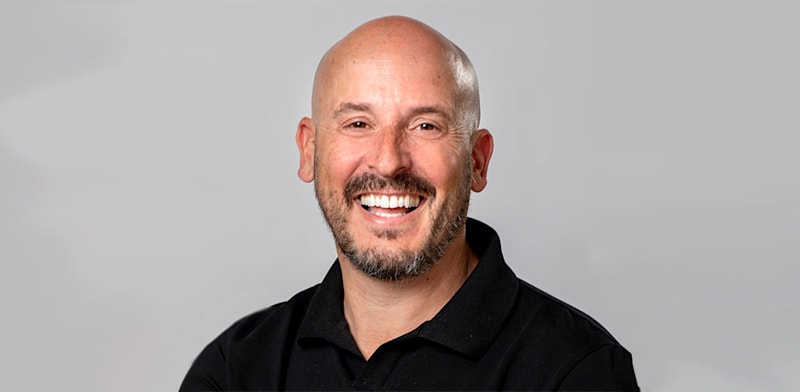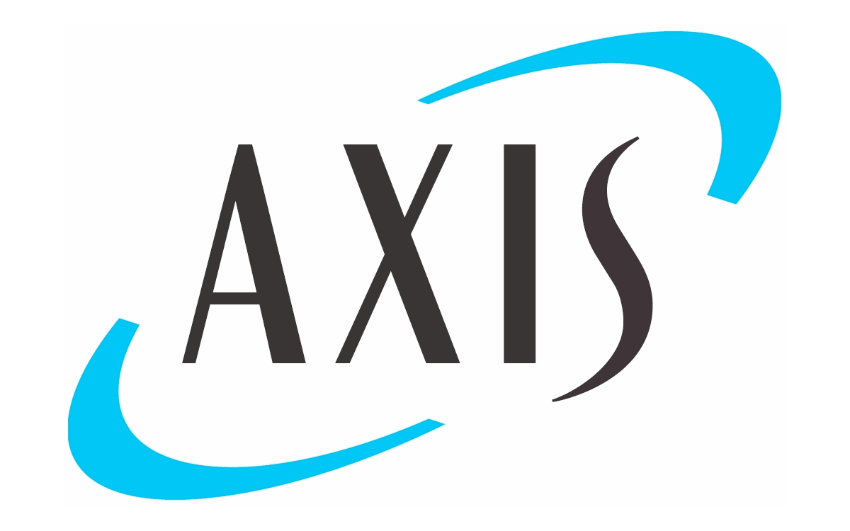On July 1 this year Australia became the first country in the world to allow psychedelic drug prescriptions for the treatment of severe depression, opening up a potential business opportunity for businesses in Asia Pacific.
Australia is now at the forefront of global developments allowing patients with severe depression or post-traumatic stress disorder (PTSD) to access psychedelic medicines.
Tim Drury, executive chairman of GoodMind Therapeutics, a Sydney-based start-up that focuses on psychedelic-assisted psychotherapy, describes the move as a “game changer”, and hopes to see other countries follow in the footsteps by “re-evaluating their rules on these medicines”.
The second coming of psychedelic drugs could see a realignment of the treatment of mental health. However, there are still regulatory hurdles and supply chain issues to overcome for a new industry.
Investment opportunity
Showing the size of the potential market, over two in five or 8.6 million Australians aged between 16 to 85 have gone through mental health challenges, according to the Australian Bureau of Statistics. Globally, the situation is similar, and the Covid-19 pandemic exacerbated those challenges.
GoodMind Therapeutics closed a seed round of A$1 million ($640,000) last quarter to start the business.
“The current market for raising capital is not as easy as it was a few years ago. But I think that the psychedelic space is of a high level of interest to a lot of people because it is a brand-new industry,” said Drury.
GoodMind’s goal is to set up a platform for patients in Australia to access these therapies. It is in the process of putting its medical team in place and preparing for patients to be screened and selected based on their mental health condition suitability. Their target is to have their first clinic operational in Sydney by early 2024.
“There’s a very large number of patients who could potentially benefit from this type of treatment and we expect that there will be an opportunity to expand and open up additional clinics across Australia over time,” Drury said.
Medicare, which is the government-funded universal healthcare insurance scheme, will front some of the costs, but he explained that because of the way these treatments work, requiring a lot of hours of contact with psychiatrists and counsellors, the costs will not be insignificant.
With the potential for a few million patients to benefit from this, Drury believes that there is not only an opportunity to help a lot of patients but to grow the business as well.
Supply chain
While many in the industry have applauded Australia’s move, others have highlighted some areas that have been overlooked such as the combination with other medicines or the supply chain.
“A big issue is the lack of consultation within the healthcare community, from those who are in a position to deliver this form of therapy and to how it combines with existing healthcare treatments,” said Stephen Murphy, co-founder and executive director of Psych Capital, which funds European companies in psychedelic healthcare.
Even as Australia leads the way forward, Murphy thinks there should have been more emphasis on the sourcing of supplies.
“The fundamental element with something new like psychedelic medicine is that the supply chain needs to be properly understood, and I think this is an area that Australia has overlooked as part of the legislation,” Murphy added.
From the perspective of GoodMind Therapeutics, Drury recognises this as one of the challenges for an industry has only been legal for a few months. The company plans to source its products from a mix of local and overseas pharmaceutical companies.
“The important thing about these medicines in the Australian context is that because it’s a pharmaceutical environment, the products must meet very stringent pharmaceutical manufacturing standards. As such, there are limited products and suppliers out there,” explained Drury.
“While we recognise that the risk profile of these medicines (psilocybin and MDMA) is not without risk, it is an acceptable level of risk in the right environment with trained healthcare practitioners,” Drury added.
Drury points to a John Hopkins Medicine follow-up study on the efficacy and safety of psilocybin-assisted treatment for major depressive disorder as credible research on using psychedelic medicines for therapy.
Global reach
Earlier this month, Psych Capital announced the completion of its acquisition in life science company Shortwave Pharma. The UK company’s clinical programme is developing a psychedelics-based solution for anorexia nervosa — a fatal eating disorder and what it considers an often underserved area of healthcare.
Another company in Psych Capital’s portfolio includes the UK-listed Awakn Life Sciences which is developing and commercialising therapeutics to treat addiction with a near-term focus on alcohol use disorder.
The Psychedlics as Medicine Report published by PSYCH, a media and data group that is owned by Psych Capital suggests that the next two years will be pivotal for the psychedelic healthcare industry, especially in the US and Europe. It predicts that MDMA could become the first psychedelic-approved for medical use in 2024 with psilocybin expected to be regulated the following year. The introduction of both medicines will create a psychedelic healthcare market worth over almost $4 billion.
Murphy points to Multidisciplinary Association for Psychedelic Studies (MAPS) and Compass Pathways in the US which have psychedelic drugs that are going through Phase 3 clinical trials and will be pushing for market authorisation through the Food and Drug Administration (FDA). These trials have so far demonstrated the efficacy of psychedelic medicines in treating several mental health conditions.
He sees that the regulation of psychedelic healthcare in Europe will not be far behind the US where the FDA partners with “world-leading publicly listed companies, research organisations and academic institutions creating a distinct ecosystem with social health systems”.
The focus, according to Murphy, should not be on countries relaxing regulation but on where they’re at with their drug development programs.
“It’s going to come down to the ability of drug companies that are leveraging or using psychedelics as part of their clinical trials, to move them through the process,” he explained.
For an industry that is just emerging, many will be watching Australia’s example in navigating the supply-demand side effects of a promising solution to the treatment of mental health.
The pandemic increased depression
The World Health Organisation has said that distress and depression levels increased by more than 25% in the first year of the pandemic. But when it comes to treatment, the WHO has noted that medical advancements have not kept pace. According to Australia’s Therapeutic Goods Administration, the use of psychedelic substances 3,4-methylenedioxy-methamphetamine (MDMA) or psilocybin can be prescribed by specifically authorised psychiatrists for the treatment of certain mental health conditions
¬ Haymarket Media Limited. All rights reserved.





































